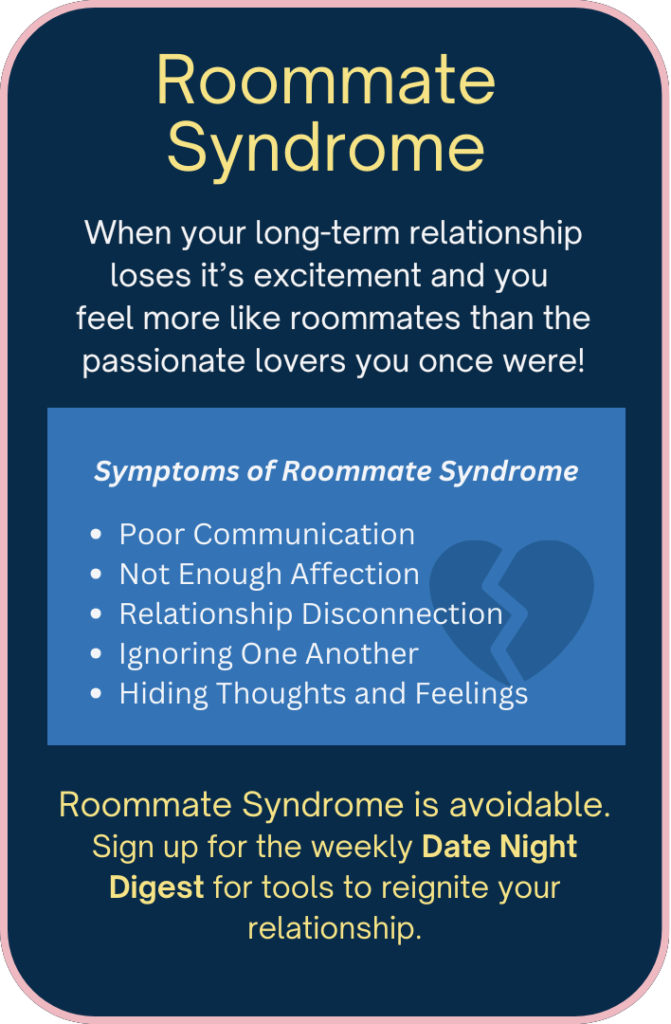Years ago, my husband got a Blackberry for work. I used to call it his “crackberry.” Until I got my own smartphone. Looking back, his phone use didn’t seem that bad.
Couples have always complained that their partner doesn’t give them their full attention. In the past, work, kids, friends, and hobbies have been to blame. A newer complaint is quickly eclipsing all the others combined. More couples need help navigating the interference of technology than ever before. Left unchecked, it will erode even the best relationships.
I’m old enough to remember a time before smartphones. (Actually, I was in college before I first encountered a computer in my English 101 class.) I know that makes me old, but it really wasn’t that long ago.
It also (I hope!) gives me some insight on the different ways that smart phones have expanded our lives. It’s phenomenal to consider how much things have changed.
- In the past, I traveled to the library and hoped that the information I needed was there. Now, I can look up any question at any time of the day and get an instant answer.
- In the past, I drove to a brick-and-mortal store or ordered things through a mail order catalog. Now, I can order what I want from the comfort of my couch. It used to take up to six weeks to get an order filled through a mail order catalog.
- In the past, I called a friend and hoped to catch them at home. Now, I can send a quick text or email that they will receive instantly. Or, whenever it’s convenient for them.
- In the past, I needed to visit a friend at their house, make plans to meet, or run into them in the grocery store. Now, I can learn how a friend is doing with a few taps on their social media.
- I (by which I mean my husband) can learn how to fix absolutely anything by watching an instructional video.
- I can travel all over the world and continue doing my job.
Smartphones have literally transformed our lives. We can access exactly the information we need in an instance. Many of these changes have created a better life for us. They make our world smaller and more accessible.
Then, there are the drawbacks. The avalanche of information and endless supply of entertainment are an alluring, constant distraction. Phones are specifically designed to engage our attention and keep us from turning away.
It can be hard for the real life people in your world to get and keep your attention.
These distractions are especially hard on couples. Satisfying relationships need direct interactions to thrive. Here are some of the ways that smartphones create problems:
- Unavailable. Phone usage replaces important interactions with family, getting chores done, or pursuing hobbies. You spend little time really knowing one another.
- Miscommunication. Distractions make you miss important communication with other family members. This lead to frequent bickering and irritation.
- Parallel lives. You might be in the house with your spouse for hours, but there are few interactions. It’s Roommate Syndrome when you have limited time focused on one another.
- Creep. Creep happens when you unintentionally increase the amount of time you are on your phone. Eventually, it intrudes on every other part of life.
- Interruptions. You are in the middle of a discussion and the other person gets distracted by a notification. Suddenly, abruptly, you are talking to yourself.
- Double standards. Kids have one set of rules that were created because they are best for them, but the adults won’t follow them, too. For example, no phones at the dinner table.
- Fact-checking. Conversation get interrupted when one person picks up their phone to “check the facts.” Then, they either get distracted by a notification or miss the important relationship information in the conversation. It feels disruptive and dismissive when you are repeatedly corrected.
- Missing out. You could be interacting with life. Instead, you let real life pass you by.
- Replacement. Replacing real connection with a poor substitute–online contact.
Smartphones can be very disruptive to marriages and, more generally, family life. Some even call for pathologizing the behavior by calling it an addiction. Phones are so integral to our lives, that it’s hard to know where to draw the line. There are some tell-tale signs that things are off.
Signs that your phone is hurting your relationship:
- Your partner told you it is.
- You’re closer to internet friends than your spouse.
- When you wake up, the first thing you reach for is your phone.
- When you go to bed, the last thing you do is set down your phone.
- You bicker with your spouse all the time. They claim they told you information that you don’t remember.
- You believe that you can multitask while looking at your phone.
- Being on the phone makes you unhappy. You are often upset by social media posts, texts, and emails from strangers or acquaintances.
- You zone out for lengthy periods of time and don’t know what happened around you.
- You panic when you’ve misplaced your phone.
- Your partner complains that they aren’t a priority.
- You solve every problem by picking up the phone. Boredom, disappointment, frustration, confusion.
- You and your partner don’t touch as often as you used to.
Putting Ideas Into Action
Smartphones are a problem for all of us. They can have a devastating effect on marriages. Being preoccupied with your phone leads to disconnection, frustration, resentment, and contention. It won’t be long before smartphone use becomes it’s own category as a reason why couples get divorced.
To avoid the damage to your relationship, you will have to use some strategies to safeguard it. Smartphones were designed to capture attention. It’s a problem that isn’t likely to go away on it’s own.
Tackle the problem head-on with these solutions:
- Talk to your partner about your concerns. Describe how smartphones are affecting you instead of criticizing or blaming them. Describe how you imagine your lives could be with better control over devices.
- Be curious. Ask your partner what they looking at on the phone and what they get from it. Don’t blame, criticize, or interrogate them with your questions. Look for clues that they are on the phone to avoid or solve other problems.
- Together, talk about how your values and priorities guide your lives. Then, look at how you are applying them in your life. Don’t focus only on smartphones.
- Schedule time everyday to connect or talk with your partner without the distraction of your phones. Set an end point so it doesn’t end with one of you drifting back to your phone. Thirty minutes is a good starting point.
- Set up family rules and tech-free zones that you and your partner can both agree to. The rules will fall apart if one of you doesn’t fully buy into them. It’s better to have lower standards that both of you can agree to rather than rules that one of you begrudgingly agrees to and won’t enforce.
- Turn on the time trackers on your phones. Even if you don’t limit the daily time allotment, it is a good check and balance to see your usage each week.
- Change your phone settings. Turn off notifications for any program that’s not urgent. Turn on “do not disturb” times and bedtime reminders.
- Share things while you’re scrolling. If you see something that you know your partner will appreciate, show it to them.
- Set a good example with your own phone use. They will be more likely to agree to ground rules if you both follow the same standards.
- Catch them when they are not on their phone. Our natural tendency is to get into something else when they are busy, then feel annoyed when they are available. Instead, make the most of these moments.
- Work on the relationship to feel closer. Use couples activities and exercises that build the relationship. Couples who meditate together, practice mindfulness, learn communication tools, or pray together strengthen the bond between them.
- Schedule quality time together away from your normal routines.
- Make it fun or have a competition. See who can use their phone the least or best follow agreed on time allotments. You can up the stakes by choosing a reward for the winner.
The best solutions are ones that uniquely fit your own relationship. They are win-wins that strengthen the connection between you. The best results come from agreeing on a solution, testing it, then tweaking or replacing it. Smartphone usage will need to be revisited over time. That’s not a sign of failure, that’s normal. Long-lasting changes take time, intentional actions, and patience.
If you don’t have the tools to talk through this issue, consider seeking professional help. It may save you from experiencing future relationship crises.
(Technoference is the interference caused by technology. Phubbing is snubbing another person by getting on your phone instead of interacting.)
Want to create better relationship habits in your own marriage? Sign up for the free Relationship Guide: Ho Hum to Hell Yes! 3 Relationship Habits You Need Today.



